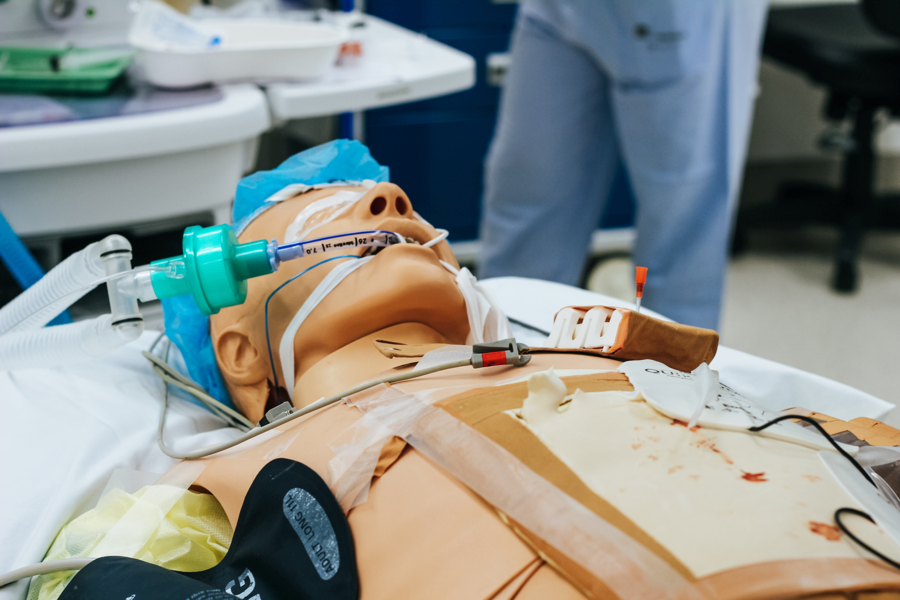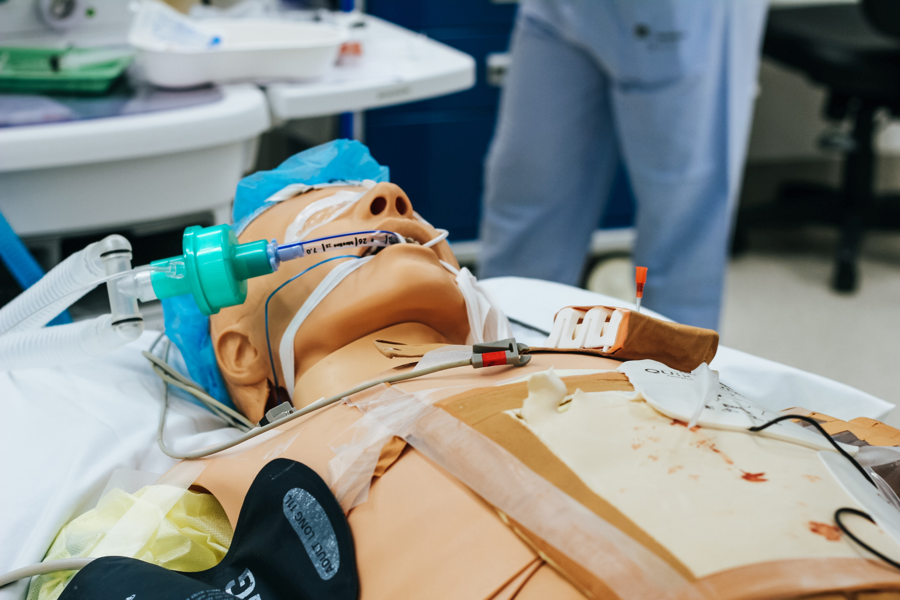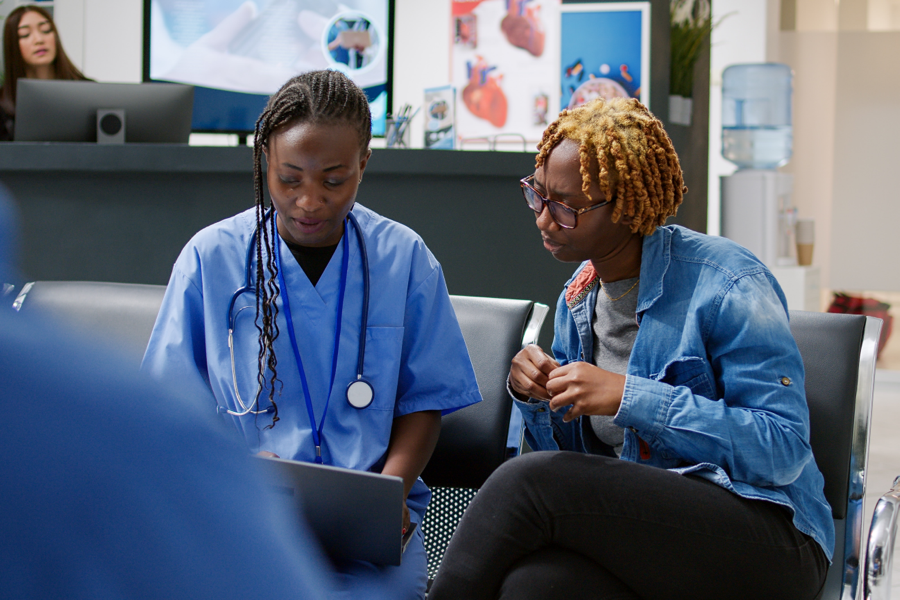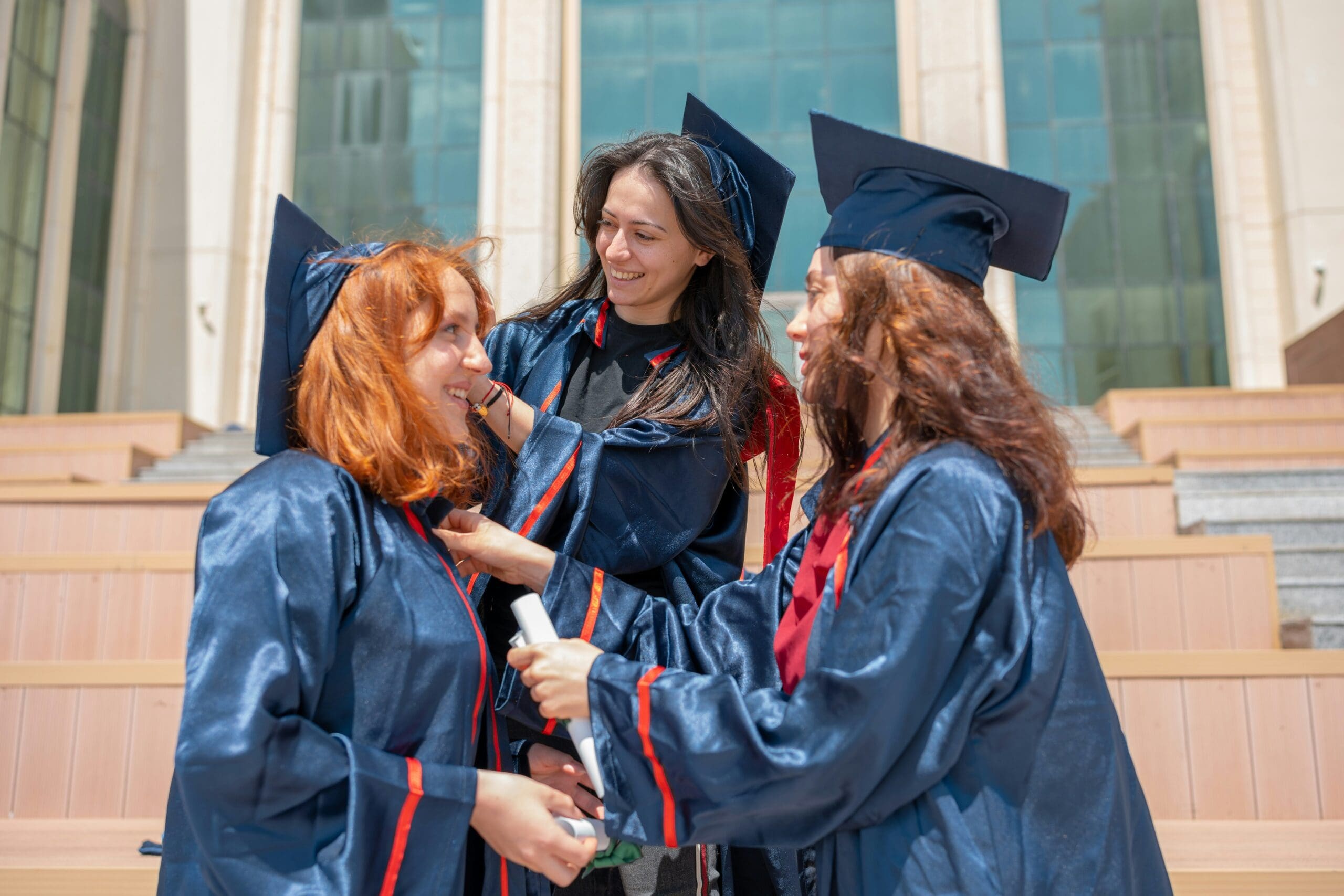
HIGHER EDUCATION
Clinical Rotations and Practical Experience in BSN Programs
-
 EveryNurse Staff
EveryNurse Staff
- Last Updated: 06/26/2023

Nursing education has undergone significant changes over the years. One of the most vital changes is the inclusion of clinical rotations and practical experience in Bachelor of Science in Nursing (BSN) programs. These rotations offer students the opportunity to take the theoretical knowledge they have learned in the classroom and apply it in a real-world setting. Below is an in-depth look at the importance of clinical rotations in BSN programs, the various types of rotations, and how to prepare for them.
The Importance of Clinical Rotations in BSN Programs
BSN programs are designed to prepare students for nursing practice by teaching both theoretical and practical skills. Clinical rotations give students the chance to become hands-on and experience various aspects of nursing practice in a clinical setting. These experiences allow students to gain confidence and competence in their skills, develop critical thinking, and apply knowledge to real-life situations, ultimately preparing them for their roles as professional nurses.
The Role of Clinical Rotations in Nursing Education
Clinical rotations are essential components of nursing education. They play a significant role in bridging the gap between classroom learning and real-world practice. By providing students with practical experiences, clinical rotations help them to develop critical thinking, effective communication skills, and the ability to prioritize and manage care for patients. Additionally, clinical rotations offer students the opportunity to work alongside experienced nurses, who can guide their learning and teach them valuable skills.
During clinical rotations, BSN students are able to observe and participate in real-world nursing situations, such as administering medications, performing assessments, and communicating with patients and their families. This hands-on experience allows students to apply the knowledge they have learned in the classroom to real-life situations, which is essential for their growth as nurses.
Furthermore, clinical rotations provide BSN students with a unique opportunity to work with patients from diverse backgrounds and cultures. This exposure helps students to develop cultural competence, which is essential for providing quality care to all patients, regardless of their background or beliefs.
Benefits of Practical Experience for BSN Students
Practical experience is fundamental to nursing education. It allows students to understand the complexities of nursing practice and how to resolve potential challenges. Practical experience provides the opportunity for students to gain an understanding of the value of interdisciplinary teamwork, the importance of adapting to new situations, and to appreciate the perspective of different patient populations. Having practical experience also assists BSN students in job placement and career advancement.
In addition, practical experience during clinical rotations helps BSN students to develop their clinical judgment skills. Clinical judgment is the ability to make sound decisions based on critical thinking, clinical reasoning, and evidence-based practice. This skill is essential for providing safe and effective patient care, and is highly valued by employers.
Furthermore, practical experience during clinical rotations can also help BSN students to develop their leadership skills. As students progress through their clinical rotations, they may be given the opportunity to take on more responsibility and act as a leader within their clinical team. This experience can be invaluable for their future careers as nurses, as leadership skills are highly valued in the nursing profession.
Meeting Accreditation and Licensing Requirements
Clinical rotations not only provide students with the practical experience they need to become professional nurses, but they also fulfill the accreditation and licensing requirements for BSN programs. Clinical rotations ensure that students meet the required number of hours of practical experience, as set by the accrediting bodies. Additionally, clinical rotations assist with the preparation of nursing students for NCLEX, which is the licensing exam used to certify new nurses in the United States.
Meeting these requirements is essential for BSN students to graduate and become licensed nurses. Without clinical rotations, students would not have the opportunity to gain the practical experience they need to meet these requirements and become successful nurses.
Types of Clinical Rotations in BSN Programs
There are several types of clinical rotations that students may experience while enrolled in a BSN program. Below are five common clinical rotation areas in nursing education:
Medical-Surgical Nursing
Medical-surgical nursing rotations are the most common clinical rotations available. These rotations take place in various hospital settings. Medical-surgical rotations provide students with practical experience in caring for patients with a broad range of medical-surgical diagnoses.
Obstetrics and Gynecology
Obstetrics and gynecology rotations are another common clinical rotation area in BSN programs. These rotations involve working with pregnant women, as well as women who are seeking reproductive health care. Obstetrics and gynecology rotations provide students with experience in antenatal, intrapartum, postpartum, and gynecological care.
Pediatrics
Pediatrics rotations involve working with the pediatric population, from infants to adolescents. During these rotations, students have the opportunity to work with children and their families in both acute and chronic care settings. This rotation provides an understanding of the unique nursing care required for the pediatric population.
Psychiatric and Mental Health Nursing
Psychiatric and mental health nursing rotations provide students with an understanding of the unique challenges facing individuals with mental health and psychiatric conditions. These rotations allow students to develop skills in assessing, managing, and supporting individuals with a variety of mental and behavioral health disorders.
Community Health Nursing
Community health nursing rotations involve working with a diverse population in various community health settings. These rotations provide valuable experience in assessing the health needs of the community, teaching individuals preventative measures, and providing health promotion and education.
Preparing for Clinical Rotations
Required Documentation and Immunizations
Before participating in clinical rotations, students must complete certain pre-requisites, such as providng specific documentation and getting immunized. These requirements differ in various institutions. Students must ensure they meet all prerequisites before starting their rotations to avoid any delays.
Developing Essential Nursing Skills
To succeed in clinical rotations, nursing students must develop vital nursing skills. These skills include time management, effective communication, critical thinking, and stress management. Nursing students should also practice a strong work ethic and demonstrate a willingness to learn and practice new skills.
Tips for Success in Clinical Rotations
Finally, to succeed in clinical rotations, students should demonstrate a positive attitude towards patients and staff, communicate effectively, and show an eagerness to learn. It is also essential to dress professionally, arrive on time, and take responsibility for one’s actions. By following these tips, students are more likely to experience a successful and fulfilling clinical rotation experience.























